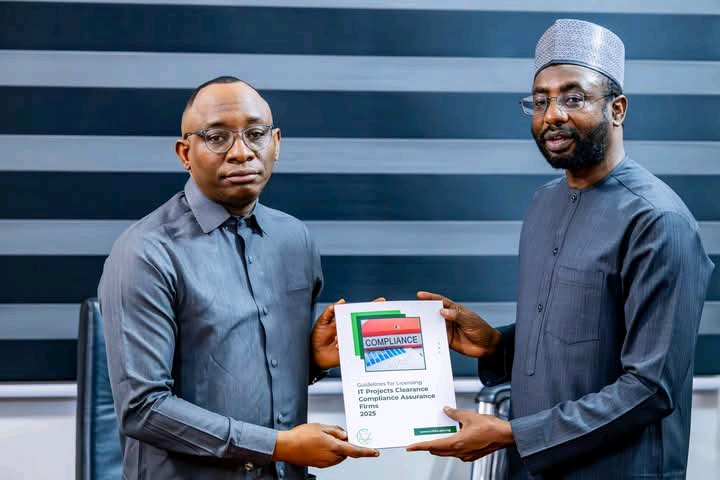The Russian-Ukraine war and the lingering impact of the COVID-19 pandemic have severely weakened West African economies and currencies – but businesses and investors are looking to dollar assets to mitigate the damage.
As most West African economies are commodity-driven, any development within the global economy that affects the supply and/or demand of commodities imports and exports portends significant currency weakening effects on the economies.
Recent and ongoing global events have created massive demand destruction in crude oil, agricultural products and precious metals such as gold. Supply chains are also still to recover.
As a result, most West African currencies such as the Nigerian Naira (NGN) and the Ghanaian Cedis (GHC) have significantly weakened.
It is a major source of concern – and an ongoing challenge- for most Nigerian businesses and those in other West African countries.
Fiscal and monetary imbalances compound the problem.
The import-dependent nature of most West African markets implies huge demand for foreign exchange to pay import bills. Due to declining external reserves, the Central Banks are not able to promptly and adequately meet these demands.
There is also massive fiscal debt overhang in most West African markets. One of the effects is the need to borrow from bilateral and multilateral global lenders who demand deliberate local currency weakening by the local authorities by adjusting their official exchange rates accordingly to fight the demand for foreign currencies. Weaker local currencies makes it more expensive, and less attractive to convert to hard currencies.
These factors together have conspired to weaken West African currencies, and the outlook remains negative in the short to medium term. The loss of confidence in the local currencies means that they are no longer considered a stable store of value.
The import-dependent nature of most West African markets implies huge demand for foreign exchange to pay import bills
But businesses and investors have responded to hedge themselves and protect the value of their earnings and holdings in fast depreciating local currencies.
Investments in dollar denominated securities such as Eurobonds, dollar and other hard currency equities, debt instruments in the form of government and corporate bonds, as well as interest bearing US treasury instruments have become the preferred holdings for investors. And demand is expected to grow.
But not holding local currencies has implications for the local economies.
It further increases the demand for foreign currencies and continues to create the arbitrage gap between official and unofficial forex markets which create further arbitrage pressure on the local currencies. This places further exchange rate pressure until the governments implement the right monetary and fiscal policies which enable the local currencies to better reflect economic fundamentals.
Most West African governments have started taking the right steps in this direction by adjusting their official exchange rates and in some cases borrowing in United States Dollars to shore up their external reserves though it may take some time to materialise.
The Nigerian naira in particular has remained under intense pressure since the closely watched election last month.
There is a risk the naira will continue to depreciate in the next few months because of the major difficulties in turning around through economic reforms in an economy of its size. The expectation of weaker crude oil and natural gas prices will likely continue to pressure the currency.
There is also the challenge of remittances flow to Nigeria: many companies are no longer supporting these transactions. Most importantly, tech investments which represented a significant increase in foreign direct investments (FDI) have all but reduced drastically.
As a result of turbulent economic conditions, businesses are increasingly turning to advisors with extensive global know-how for expert advice.
Since the launch of RMB’s direct custody services in Nigeria and Ghana in 2019 and 2021 respectively, we have been advising local and foreign fund managers, pension funds, broker-dealers and banks.
RMB is the leading provider for West African investors seeking to invest in foreign markets through our insightful global custody solutions. We also support inbound investors seeking selective portfolio investment opportunities in emerging and frontier markets across the continent of Africa.

















